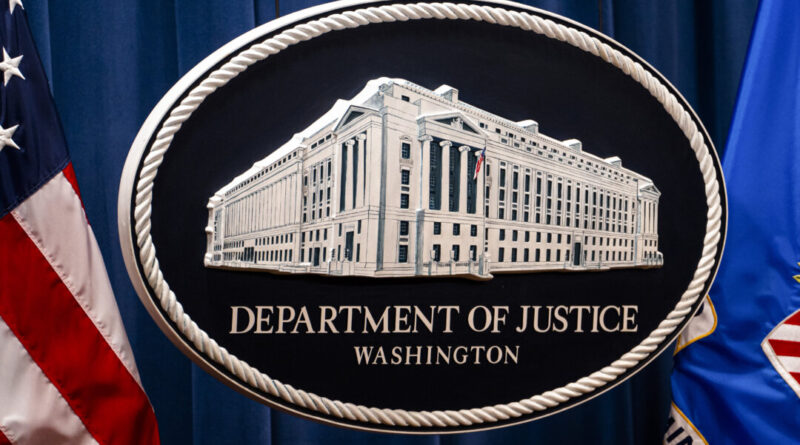Trump Signs Directive to Enhance Law Enforcement力度
The directive aims to ensure that officers prioritize crime-fighting over equity initiatives.
President Donald Trump has instructed the Department of Justice to take measures to enhance law enforcement capabilities and to ensure that officers avoid focusing on equity-related policies.
“Thus, my Administration will: establish best practices at the state and local level to empower robust local police forces; defend law enforcement officers who are wrongly accused or mistreated by state or local authorities; and allocate additional resources to officers who require assistance.”
His order specifically targets “illegal race- and sex-based ‘equity’ policies,” directing the attorney general to “take appropriate action to facilitate legal resources and indemnification for law enforcement officers who unjustly incur costs and liabilities while performing their official duties to enforce the law.”
In addition, the order seeks to enhance law enforcement resources by ordering the eventual allocation of surplus military and national security assets to support local authorities. The attorney general is directed to optimize the use of federal resources for various purposes, such as increasing officer salaries and benefits, improving prison security investments, and expanding access to training for state and local law enforcement.
Another focus of the order is to hold state and local officials accountable for obstructing criminal law enforcement and unlawfully engaging in civil rights violations “under the guise of ‘diversity, equity, and inclusion’ initiatives.”
This order followed the Justice Department’s response to local officials allegedly working against federal immigration enforcement.
A similar lawsuit was initiated in February against state officials concerning New York’s Green Light Law, which allows noncitizens to apply for driver’s licenses while restricting the Department of Motor Vehicles from disclosing information to immigration enforcement.
Trump has faced a surge of lawsuits in recent months, particularly regarding his actions against sanctuary jurisdictions and diversity, equity, and inclusion programs.




